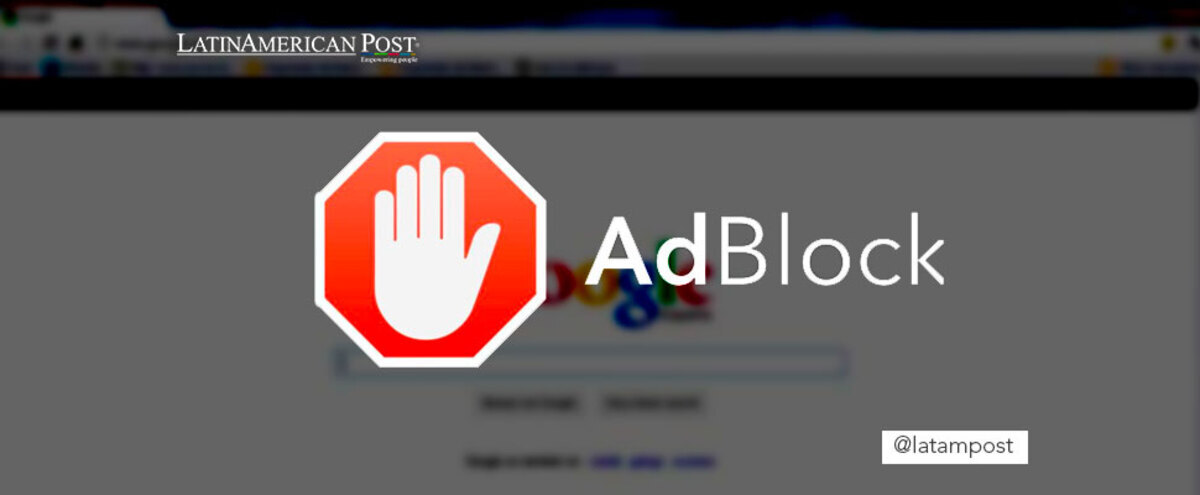Goodbye AdBlock? Why Google “Killed” Ad Blockers
Google will no longer allow AdBlock, in a move that will change the network forever. Why does this bother users? .

Photo: Play Store
LatinAmerican Post| Juan Manuel Londoño
Listen to this article
Leer en español: ¿Adiós AdBlock? Porqué Google “mató” a los bloqueadores de anuncios
Internet ad blockers are, for many, an essential part of the online experience. Not just for convenience, but because some ads are malicious and contain malware, which can harm computers.
For these reasons, extensions like AdBlock have been around for years. Their presence makes online browsing more enjoyable and until very recently, it seemed like we were going to have them forever.
But all this could change due to an important decision of Google Chrome. Extensions that use the Manifest V2 API (Application Programming Interface) will stop working as of January 2023, as Google will update this API to Manifest V3.
The justification given by Google is that ad blockers and similar extensions, under the MV2 regime, have too much control and access to the pages that the user can see in their browser. If one of these plugins is rogue, it can collect all sorts of sensitive data about the user.
This may be true, but what is also true is that banning ad blockers is quite lucrative for Chrome. According to Statista, last year Google had profits of 209.49 billion dollars solely thanks to its ads. It is understandable that the technology giant makes this decision to increase its profit margin.
The problem lies in the fact that the vast majority of current browsers are based on Chromium, the open source software that is the basis of Chrome and is used by Microsoft Edge, Samsung Internet and Opera among others. If Google decides that Google Chrome will transition to Manifest V3, other browsers will have to follow it, or invest resources to continue supporting Manifest V2. It's a complicated scenario, once again demonstrating the conflict of interest that lies at the heart of Google. You can't be the world's most popular search engine and the world's largest ad platform while looking out for your users' interests.
This situation also demonstrates another problem: the Internet is getting full of ads and this annoys people. Last week YouTube announced that it was testing showing 10 ads at the beginning of each video. It is an unsustainable situation for which a balance needs to be found.
Also read: Space Mining: What Resources Would We Compete for in Space?
Other browsers you can use that do allow ad blockers
Not all browsers will implement this decision, which, for many, only seeks to harm Chrome users. If you hate ads and want to know about other platforms you can use to surf the web, here are a few that ad blockers will continue to allow:
- Firefox – Continues to support Manifest V2 and will support Manifest V3, includes better controls and privacy options than Chrome. It is not based on Chromium.
- Vivaldi – Comes with a content blocker, lots of customization options, a built-in mail client, and more. It is based on Chromium.
- Brave – Has a good content blocker and great privacy protections. It is based on Chromium.





